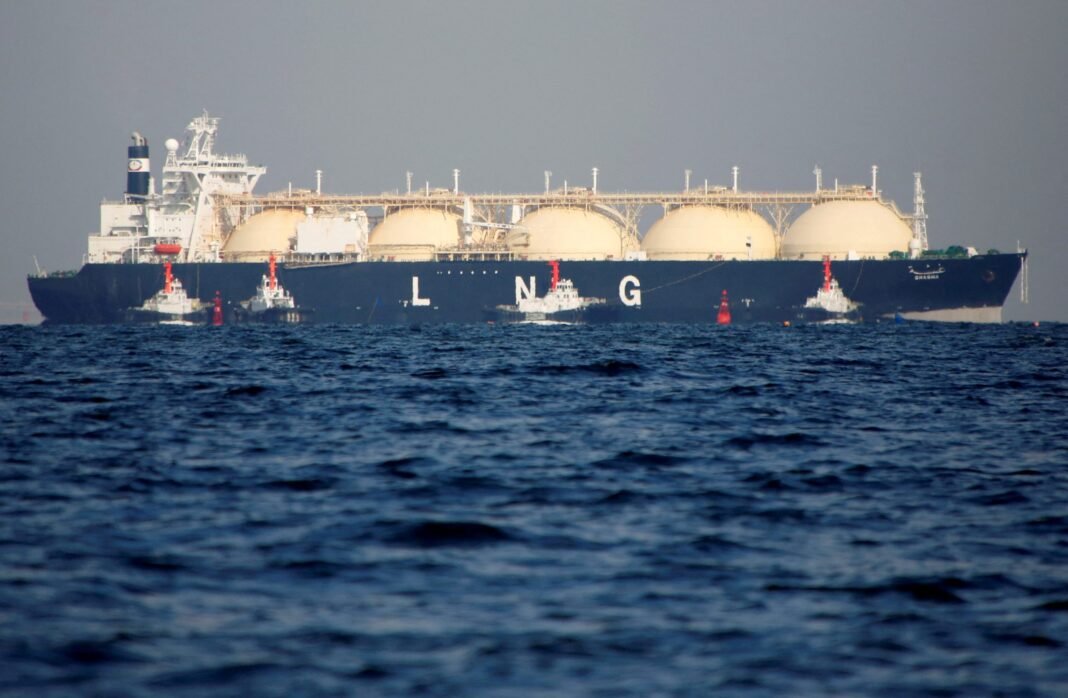Reliance on Qatari LNG exposes growing risks in Taiwan’s energy supply. A Washington-based think tank urged Taiwan to reduce vulnerabilities and diversify energy sources. Moreover, the Foundation for Defense of Democracies (FDD) warned that China could exploit Qatar’s position. Consequently, stronger safeguards must be explored to protect energy security.
During July, Taiwan participated in an FDD simulation exercise. Experts from Japan, Australia, the United Kingdom, and the United States joined the discussions. Furthermore, the exercise highlighted cyber-enabled economic warfare strategies. Therefore, the simulations showed how China might disrupt LNG and coal shipments.
At present, all LNG and coal come through imports with limited storage capacity. Moreover, around half of Taiwan’s electricity depends on LNG. Additionally, this reliance creates strategic risks during geopolitical tensions. Consequently, balancing energy supply with national security remains a challenge.
In terms of suppliers, Qatar provides 30 percent of LNG imports. Moreover, the FDD report argued that Qatar may bend under Chinese pressure. Therefore, sudden disruptions could occur if Beijing applies diplomatic or economic coercion.
To counter these risks, alternative energy options must be prepared. For example, long-term U.S. contracts could secure reliable supply. Moreover, expanding LNG storage facilities and strengthening renewable energy projects remain crucial. Additionally, discussions about restarting nuclear plants may re-emerge. Consequently, a more balanced and resilient energy system becomes possible.
When it comes to industries, the semiconductor sector complicates the picture. Moreover, a disruption in LNG supply forces choices between industry and households. Additionally, semiconductors hold global diplomatic weight. Therefore, prolonged energy shortages would create severe economic and diplomatic consequences.
Support from international partnerships also plays a key role. The FDD report recommended backing from the U.S., Japan, Australia, and Europe. Moreover, these partners should pledge to respond to Chinese coercion. Additionally, they must boost Taiwan’s energy, cyber, and social resilience. Consequently, coordinated global support strengthens resilience against external threats.
Looking ahead, stronger U.S. involvement could reshape the energy market. For instance, America might increase LNG exports to Taiwan. Moreover, Washington may pressure other suppliers not to yield to Beijing. Therefore, reliance on a single region would gradually decrease through diversified suppliers.





